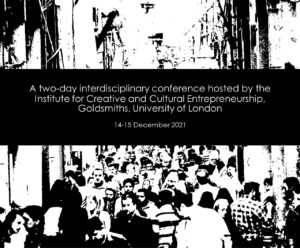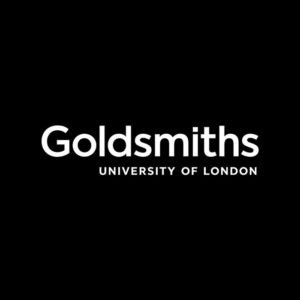
The growing of urban population and the rapid change of urban environments, accelerated even more in the current century, entails challenges to defining and practising public spaces in cities. The public space, its implications and accompanied expectations, its embodiment and consequent social impacts, have been the focus of ongoing theorisation and debates. Ideally, the dynamics of gathering in and passing through urban public spaces, indoor and outdoor –from streets, squares, parks, libraries, museums, to other cultural and leisure centres – could lead to a culture more open to differences. Yet, in our time, governmental power and the force of privatisation have been inflicted upon these spaces, squeezed not only the public space itself, but the freedom of citizens. Meanwhile, the burgeoning migration and tourism have given rise to multiculturalism. Social members, when sharing the same space, are confronted with the tasks of existing or interacting with behaviours acted out of different sets of codes. Is it possible to identify a particular kind of urban public space that is capable of strengthening tolerance towards the ‘other’? How can we understand the centrality of urban public spaces in shaping civic behaviours and political actions in our cities? What broader ideologies, interests, histories, and narratives does the urban public space possibly involve and correspond in the context that you come from? These concerns form the basis of this interdisciplinary conference of City, Public Space, and Body. We invite papers reflecting upon relevant issues.
Discussion needs to continue as the transformation of cityscapes never ceases. The pandemic crisis, for instance, has pushed and required adaptations in terms of regulating public spaces and policing users’ behaviours. Social distancing becomes an essential practice for coexistence in shared spaces. Its governance and embodiment have become highly visible since the outbreak of the Covid-19 in 2020. In the exercising of social distancing in both everyday situations and extraordinary occasions, we see notions and practices of the body and the public space have rapidly changed. What does the body in the public space mean today? Where and how does the body, of individual as well as of the collective, occupy in the process of negotiating stance and distance in the public space?
In the process of thought exchange, leading to the proposal of this conference, it is discovered, unsurprisingly yet still strongly stimulating, that ideas such as city and public space are used – sometimes vastly – dissimilarly by each participant. That results from divergent life trajectories, social backgrounds, understanding of histories, and political concerns. This is followed by various approaches towards reflecting on often overlapping qualities of ‘city-ness’ and ‘public-ness’. Consequently, the body as a performing agent in the public space is observed and theorised in disparate manners. Cross-cultural dialogue is thus felt deeply needed. Contextualised elaboration of social distance is appealed for.
The conference aims to bring together academics, researchers, scholars, doctoral students as well as practitioners with a background in cultural studies, sociology, urban studies, architecture, geography, anthropology, media studies, or any other relevant fields. We welcome content consisting of case studies, research projects, investigative papers and theoretical considerations.
We are interested in the following topics – yet what go beyond are also welcomed:
- gender, sexuality
- code of appearance and clothed body
- rhythmanalysis
- affect
- religion
- multiculturalism
- contextualised urban public space
- arts and museum experience
- political body and ‘negotiation of power
- methodology; innovative ethnographic methods for exploring the public space
Organising Committee
Mahsa Alami Fariman (PhD Researcher in Urban Studies, ICCE, Goldsmiths, University of London)
Dr Chien Lee (Department of Sociology, Goldsmiths, University of London)
Dr Ahmadreza Hakiminejad (Coventry University)
Conference Key Dates
- Abstract Submission Deadline: 30 September 2021
- Notification of Abstract Acceptance: 15 October 2021
- Conference Date: 14-15 December 2021
